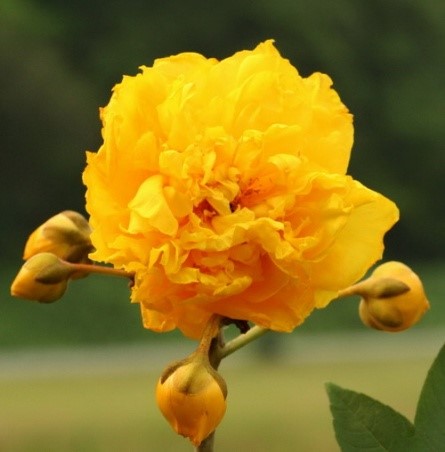

Wuzhimaotao (Ficus hirta Vahl) is a common homologous plant of food and medicine in Lingnan area of China. It is commonly used in the folk to treat diseases such as spleen deficiency, tuberculosis, weakness, rheumatism, night sweats, postpartum agalactism and so on. In Guangdong, Wuzhimaotao is called "Nanqi" or "Guangdong ginseng", which is often used to make soup. Wuzhimaotao takes the root of Ficus hirta Vahl as the medicinal material. It is mainly distributed in southern China, including Guangdong, Guangxi, Jiangxi, Fujian, Yunnan, Hong Kong and Southeast Asian countries. The main compounds isolated and identified from Wuzhimaotao are coumarins, flavonoids and volatile oil. Modern pharmacological studies have shown that these compounds have antioxidant, anti-inflammatory, antibacterial, antiviral and antitumor effects. Due to the strong market demand and the gradual depletion of wild resources, Wuzhimaotao has gradually begun to be planted on a large scale.
Because the main pharmacodynamic component of Chinese herbal medicine is usually plant secondary metabolites, and stress conditions can promote the accumulation of plant secondary metabolites, which can improve the stress resistance of plants. Therefore, the measures to improve plant stress resistance are expected to promote the accumulation of plant secondary metabolites, so as to improve the genuine quality of Chinese herbal medicine. Dr. Jiqing Zeng of South China Botanical Garden is one of the first scholars to study the botanical effects of hydrogen. He found that molecular hydrogen is involved in plant hormone signal transduction and stress response, promotes plant growth and development and improves stress resistance. He was the first to put forward the concept of "hydrogen agriculture" to reduce the use of chemical fertilizers and pesticides and ensure ecological safety and food safety. In order to explore the application prospect of hydrogen agriculture in Chinese herbal medicine planting, Dr. Jiqing Zeng cooperated with researcher Hui Yu to study the hydrogen water planting of wuzhimaotao. The changes of metabolome and transcriptome of wuzhimaotao planted with hydrogen water were analyzed by LC-ESI-MS / MS and RNA-seq techniques. Metabolomic analysis showed that hydrogen-water planting significantly up-regulated metabolites such as naringin (fold change: 3.05), bergapten(fold change: 2.28), hesperidin (fold change: 2.25), and a benzofuran (fold change: 2.19). Psoralen (a benzofuran derivative) and bergamot lactone are the most important active components in Wuzhimaotao. These main active components of Wuzhimaotao are flavonoids and coumarins, which are synthesized by phenylpropane biosynthesis pathway. Combined with transcriptome analysis data, it is found that phenylpropane biosynthesis and metabolism may be the main metabolic pathway affected by hydrogen water treatment. In addition, the study also found that hydrogen molecules may regulate the expression of transcription factor genes related to plant hormone signal transduction, stress resistance and secondary metabolite synthesis. This study provides important clues and evidence for understanding the botanical effect mechanism of hydrogen and a theoretical basis for the application of hydrogen agriculture in the cultivation of Chinese herbal medicine.
Relevant research results have recently been published in the special issue "Production and Role of Molecular Hydrogen in Plants" of the international journal Plants. This is the first international journal to show the latest progress in the field of hydrogen botany in the form of a special issue, marking that the research of hydrogen botany has attracted extensive attention in the international academic community.
The article link: Plants 2022, 11(5), 602; https://doi.org/10.3390/plants11050602

